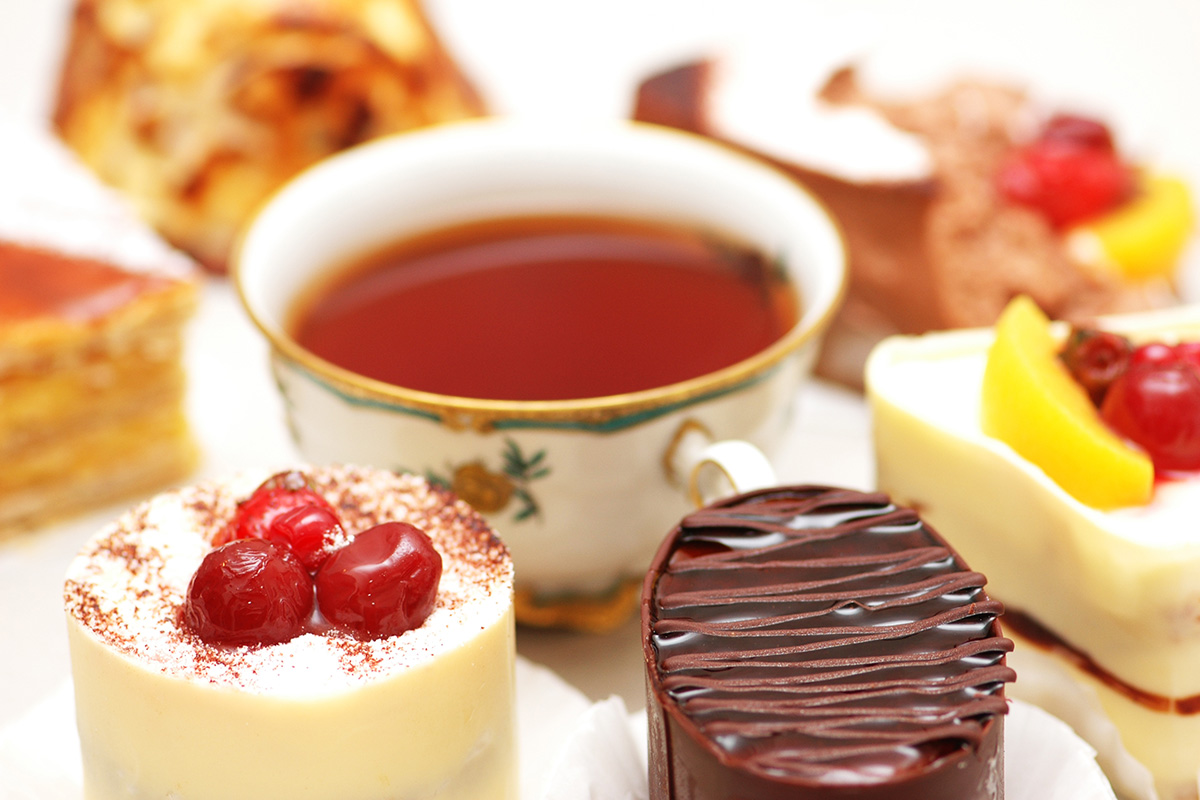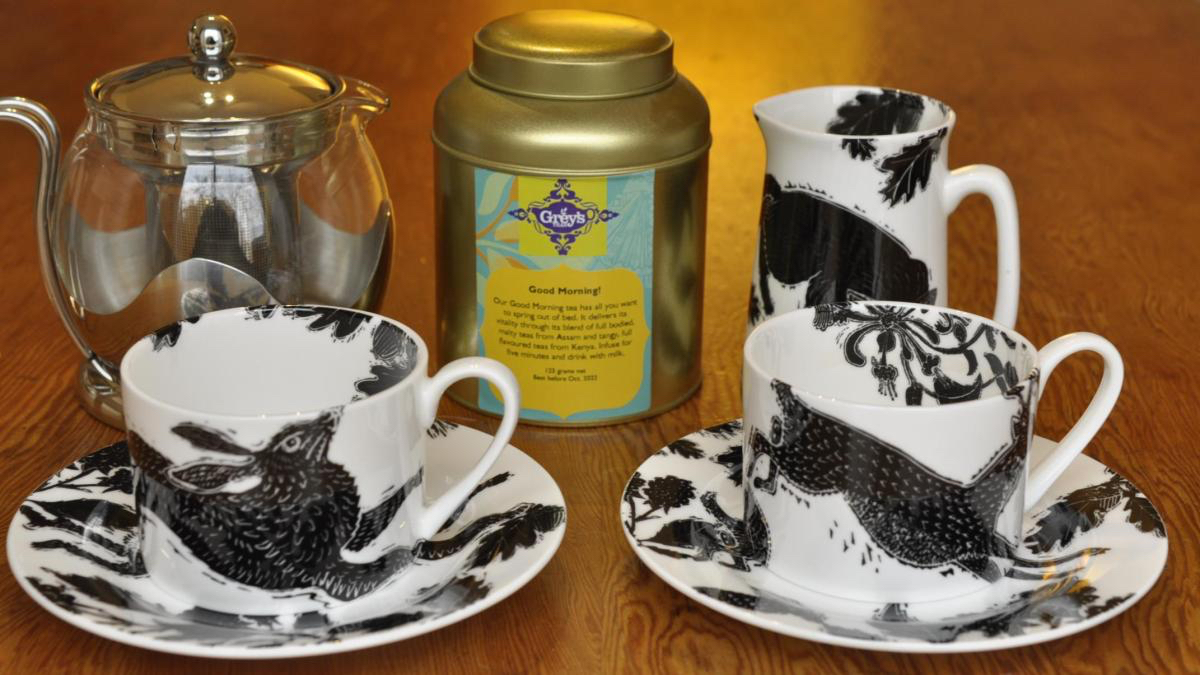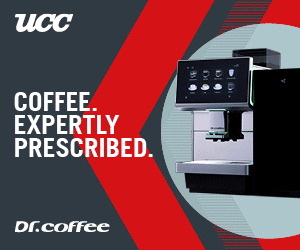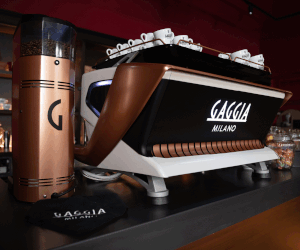With our national drink still subject to poor preparation in the out of home setting, greater attention to detail is required with recognition now on offer from the UK Tea Academy in the form of the ‘Leafies’ for those making the grade.
Loose leaf the key
“When talking to customers and guests visiting cafés, tea rooms and hotels for afternoon tea, we often discover that the tea itself has been often over-looked and at best, makes no impression upon them,” reports Richard Grey of Warwickshire-based Grey’s Teas, a supplier of high grade, loose leaf teas.
“No wonder so many people are turning to coffee! This makes this experience a lost opportunity to create a loyal following amongst your tea-drinking clientele. After all, tea is not an expensive beverage.
“Firstly however, as specialists for over twenty years in providing high grade, loose leaf tea directly to consumers and wholesale for foodservice, why do we focus on such teas? The answer is that loose leaf generally, and large leaf in particular, imparts a better flavour as the tannins are less dominant, giving time for the other flavour components to infuse. This results in a more balanced cup with more distinctive characters from individual teas.
“Loose leaf teas need not be messy as the contents of a teapot can be drained and tapped into a food recycling bin. Infuser teapots are especially good, leaving no leaf at all in the cup and enabling the infuser to be removed when the leaf has infused sufficiently. Glass infuser teapots are even better, letting the customer see how well the leaf is infusing, letting them pour at just the right time. Should operators not have suitable teapots that retain the leaf, we can readily supply a dozen teas in bio-degradable infusion bags.
“Secondly, like preparing good coffee, tea needs a little attention to the small things, none of which require capital investment.”
Tea making steps
- Fill a traditional kettle (not a hot water dispenser) with fresh cold water from the tap. This keeps the oxygen level high.
- Warm the teapot with hot water. This ensures that the tea will be served hot.
- Use one teaspoon (3 grammes) per cup and one for the pot. Do not skimp on tea.
- Pour the boiling water on to the leaf and place a lid on the pot. (For green teas wait a couple of minutes, aiming for the water temperature to fall to around 80 degrees before pouring onto the leaf.)
- Give to the customer and stress that they should wait five minutes for the tea to brew (three minutes for green tea).
“We love working with customers to help them prepare a tea list and food pairings on their menu. Whilst we have a simple choice of only a dozen traditional blended teas, we have very many single origin teas which can be a joy for customers to explore and for them to experience their individual characteristics,” advises Richard Grey.
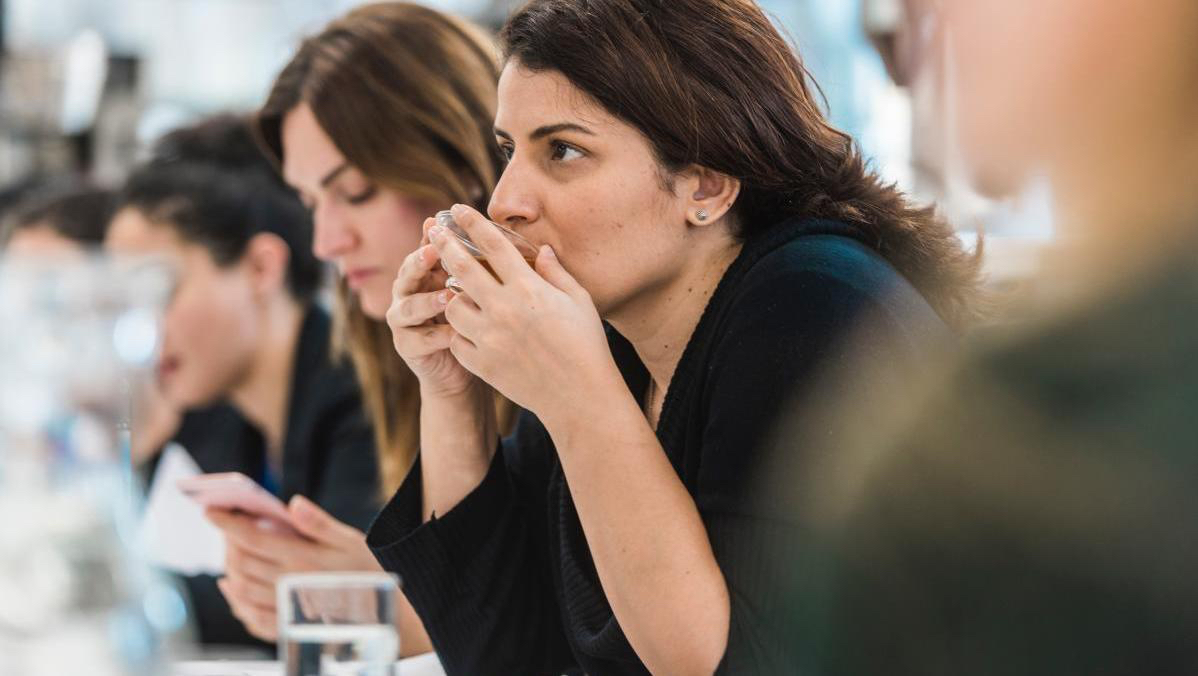
Tea training and education
The UK Tea Academy (UKTA) is the only body in the UK to offer a professional tea certification programme, having been providing outstanding education for tea professionals and tea enthusiasts worldwide.
In fact, the UKTA is recognised as the UK’s leading provider of tea training and now with online global reach and courses in several languages, it has students choosing the UKTA above all others in the international tea training arena with all becoming part of their close UKTA community of tea lovers as a direct result.
The UKTA reports that it has now trained hundreds of staff from many of the UK’s high-end restaurants, cafés and beverage companies, and works closely with Fortnum & Mason, training their retail and service teams to Tea Champion level and beyond. A UK Tea Academy certificate will certainly help prove that the student has the necessary high level of knowledge and skill now demanded from the foodservice sector.Currently, there are courses at three levels on offer.
The Foundation – Tea Champion is aimed at all those working with tea, either brewing, serving or selling it, as well as anyone who has an interest in tea and a thirst to learn more.
The Intermediate – Tea Sommelier is a qualification that will help professionals involved in sourcing tea from world origins, those who oversee the brewing and service of tea in a high end tea environment, as well as anyone writing tea menus and press releases or exploring a more in-depth understanding of tea.
UKTA’s Advanced – Tea Diploma is the UKTA’s highest level of certification. It is designed for hospitality and tea professionals, and all those who wish to develop their skills, achieving a significant appreciation and in-depth understanding of all aspects of tea.
Their Chinese Tea Masterclass will also offer the opportunity to explore each category of Chinese tea in depth and while tasting a selection of fine teas sent to your door. This course of taught by one of the UK's leading Chinese tea experts, Juyan Webster.
The Leafies
In 2022 the UKTA launched the first ever International Tea Awards, called the ‘Leafies’.
The Leafies celebrate the world’s finest loose leaf teas, and in partnership with Fortnum & Mason, these new awards are open each year to tea farmers, producers, suppliers and retailers.
At the inaugural 2022 awards, over 300 tea entries from more than 50 tea-producing regions were received. Nine tea professionals, comprising six nationalities, acted as judges, with all judges saying that they would like to participate again in 2023.
There were 12 gold awards and 28 highly commended, in turn indicating discerning judging and extremely high standards feel the UKTA. The event generated extensive global press follow-up, particularly in Taiwan and Japan with the award ceremony now representing a key annual event for international tea professionals. Their focus on high grade, small batch is encouraging experimental teas and artisan gardens in new regions, they add.

